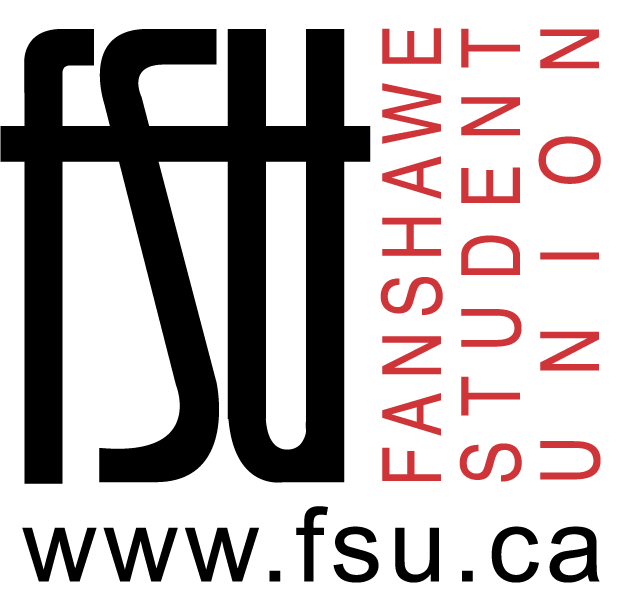What is an Academic Offence? | What is a Penalty? | What About AI? | Academic Integrity Appeals | Need Assistance?
What is Academic Integrity?
Fanshawe College defines academic integrity as the commitment to uphold honesty and ethical behaviour in all academic work, for yourself and others. It ensures fairness in education and the evaluation of academic performance. Academic integrity protects the value of your educational journey and provides opportunities for personal and professional growth. These principles are central to Fanshawe College’s mission and reputation.
Both faculty and students share the responsibility to uphold academic integrity and have the right to appeal decisions related to academic offences.
What is an Academic Offence?
An academic offence occurs when the principles of academic integrity are violated.
Examples of academic offences, as outlined in Policy A136: Academic Integrity , include but are not limited to:
- Plagiarism: Claiming credit for someone else’s work, such as submitting another person’s assignment as your own or failing to properly cite sources (including information, ideas, images, and intellectual property).
- Falsifying Records: Altering academic records or submitting false documentation for academic purposes.
- Using Unauthorized Materials: Using materials not permitted by the professor for assignments or exams, such as artificial intelligence tools or third-party assistance.
- Misrepresentation of Facts: Providing false information to faculty, for example, to delay or avoid academic responsibilities.
- Assisting with an Academic Offence: Helping another student commit an offence, such as sharing completed assignments for copying.
- Other Offences: Submitting the same assignment multiple times for evaluation, improperly obtaining an exam paper before the test, or allowing someone else to take a test on your behalf.
What is a Penalty?
If you are found to have committed an academic offence, you may receive a Formal Warning or a Penalty.
A penalty is a disciplinary action taken by faculty in response to an academic offence. The severity of the penalty depends on the nature of the offence and may include:
- Redoing the assignment
- Receiving a mark of zero
- Failing the course
- Suspension
- Expulsion
You may receive up to three penalties, all of which are recorded by the College. A third penalty results in expulsion.
Because violations of academic integrity can have serious consequences, it is essential to take proactive steps to ensure your academic work meets integrity standards.
What About AI?
AI tools like ChatGPT and Midjourney may seem like convenient shortcuts but using them without permission can result in an academic offence.
Each professor will specify whether AI tools are permitted in their course. Always consult your professor before using AI in your academic work.
Remember: there are no shortcuts to success. Learning to think outside the bot, developing critical thinking and problem-solving skills will benefit you throughout your career.
Academic Integrity Appeals
If you receive an academic offence but believe you did not commit it, or if there was a serious procedural error, you have the right to appeal.
Learn more about the appeals process by reviewing the Student Academic Appeals Brochure.
Student Academic Appeals Brochure
Need Assistance?
If you need support, please contact the Vice President, Advocacy and College Affairs using the link below. Your email should include:
- Your name
- Student number
- Program
- A brief explanation of your situation
Book an appointment


